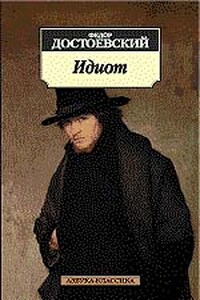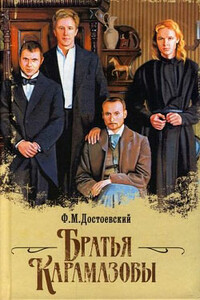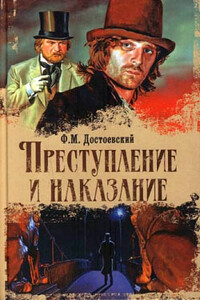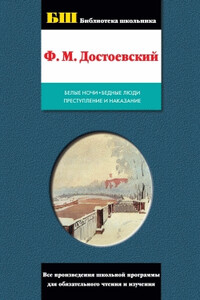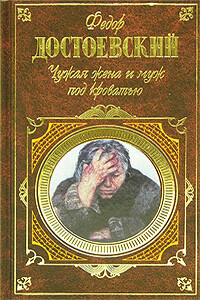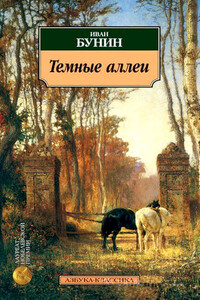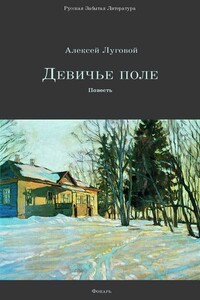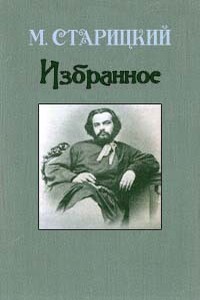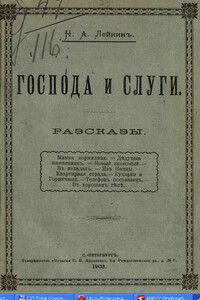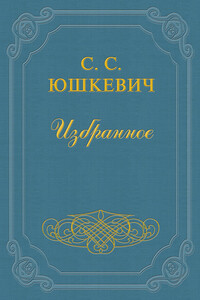|
| But, after all, why should I drag the whole party with me? | Да и чего вас такой хвост за мной, в самом деле, потащится? |
| I will go and see the sights with only Alexis Ivanovitch as my escort." | Я и с Алексеем Ивановичем все осмотрю... |
| De Griers strongly insisted that EVERY ONE ought to accompany her. Indeed, he launched out into a perfect shower of charming phrases concerning the pleasure of acting as her cicerone, and so forth. | Но Де-Грие решительно настоял, чтобы всем сопутствовать, и пустился в самые любезные фразы насчет удовольствия ее сопровождать и прочее. |
| Every one was touched with his words. | Все тронулись. |
| "Mais elle est tombee en enfance," he added aside to the General. "Seule, elle fera des betises." More than this I could not overhear, but he seemed to have got some plan in his mind, or even to be feeling a slight return of his hopes. | -Elle est tombee en enfance, - повторял Де-Грие генералу, - seule elle fera des betises... - далее я не расслышал, но у него, очевидно, были какие-то намерения, а может быть, даже возвратились и надежды. |
| The distance to the Casino was about half a verst, and our route led us through the Chestnut Avenue until we reached the square directly fronting the building. | До воксала было с полверсты. Путь наш шел по каштановой аллее, до сквера, обойдя который вступали прямо в воксал. |
| The General, I could see, was a trifle reassured by the fact that, though our progress was distinctly eccentric in its nature, it was, at least, correct and orderly. | Г енерал несколько успокоился, потому что шествие наше хотя и было довольно эксцентрично, но тем не менее было чинно и прилично. |
| As a matter of fact, the spectacle of a person who is unable to walk is not anything to excite surprise at a spa. | Да и ничего удивительного не было в том факте, что на водах явился больной и расслабленный человек, без ног. |
| Yet it was clear that the General had a great fear of the Casino itself: for why should a person who had lost the use of her limbs-more especially an old woman-be going to rooms which were set apart only for roulette? | Но, очевидно, генерал боялся воксала: зачем больной человек, без ног, да еще старушка, пойдет на рулетку? |
| On either side of the wheeled chair walked Polina and Mlle. | Полина и m-lle Blanche шли обе по сторонам, рядом с катившимся креслом. |
| Blanche-the latter smiling, modestly jesting, and, in short, making herself so agreeable to the Grandmother that in the end the old lady relented towards her. | M-lle Blanche смеялась, была скромно весела и даже весьма любезно заигрывала иногда с бабушкой, так что та ее наконец похвалила. |
| On the other side of the chair Polina had to answer an endless flow of petty questions-such as "Who was it passed just now?" "Who is that coming along?" "Is the town a large one?" "Are the public gardens extensive?" "What sort of trees are those?" "What is the name of those hills?" "Do I see eagles flying yonder?" "What is that absurd-looking building?" and so forth. | Полина, с другой стороны, обязана была отвечать на поминутные и бесчисленные вопросы бабушки, вроде того: " Кто это прошел? какая это проехала? велик ли город? велик ли сад? это какие деревья? это какие горы? летают ли тут орлы? какая это смешная крыша?" |
| Meanwhile Astley whispered to me, as he walked by my side, that he looked for much to happen that morning. | Мистер Астлей шел рядом со мной и шепнул мне, что многого ожидает в это утро. |
| Behind the old lady's chair marched Potapitch and Martha-Potapitch in his frockcoat and white waistcoat, with a cloak over all, and the forty-year-old and rosy, but slightly grey-headed, Martha in a mobcap, cotton dress, and squeaking shoes. | Потапыч и Марфа шли сзади, сейчас за креслами, - Потапыч в своем фраке, в белом галстуке, но в картузе, а Марфа - сорокалетняя, румяная, но начинавшая уже седеть девушка - в чепчике, в ситцевом платье и в скрипучих козловых башмаках. |
| Frequently the old lady would twist herself round to converse with these servants. | Бабушка весьма часто к ним оборачивалась и с ними заговаривала. |
| As for De Griers, he spoke as though he had made up his mind to do something (though it is also possible that he spoke in this manner merely in order to hearten the General, with whom he appeared to have held a conference). | Де-Грие и генерал немного отстали и говорили о чем-то с величайшим жаром. Генерал был очень уныл; Де-Грие говорил с видом решительным. Может быть, он генерала ободрял; очевидно, что-то советовал. |
| But, alas, the Grandmother had uttered the fatal words, | Но бабушка уже произнесла давеча роковую фразу: |
| "I am not going to give you any of my money;" and though De Griers might regard these words lightly, the General knew his mother better. | "Денег я тебе не дам". Может быть, для Де-Грие это известие казалось невероятным, но генерал знал свою тетушку. |
| Also, I noticed that De Griers and Mlle. Blanche were still exchanging looks; while of the Prince and the German savant I lost sight at the end of the Avenue, where they had turned back and left us. | Я заметил, что Де-Грие и m-lle Blanche продолжали перемигиваться. Князя и немца-путешественника я разглядел в самом конце аллеи: они отстали и куда-то ушли от нас. |
